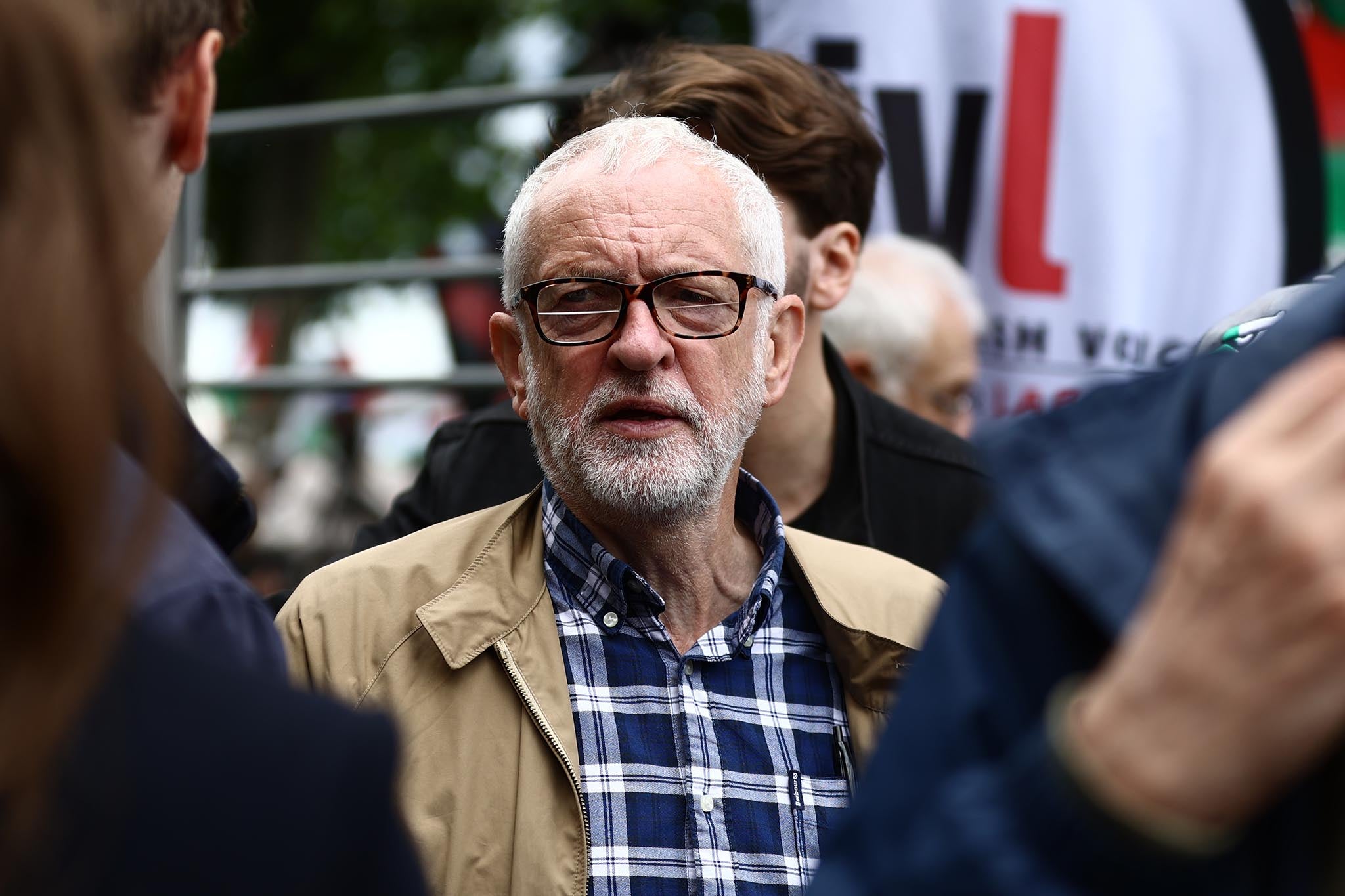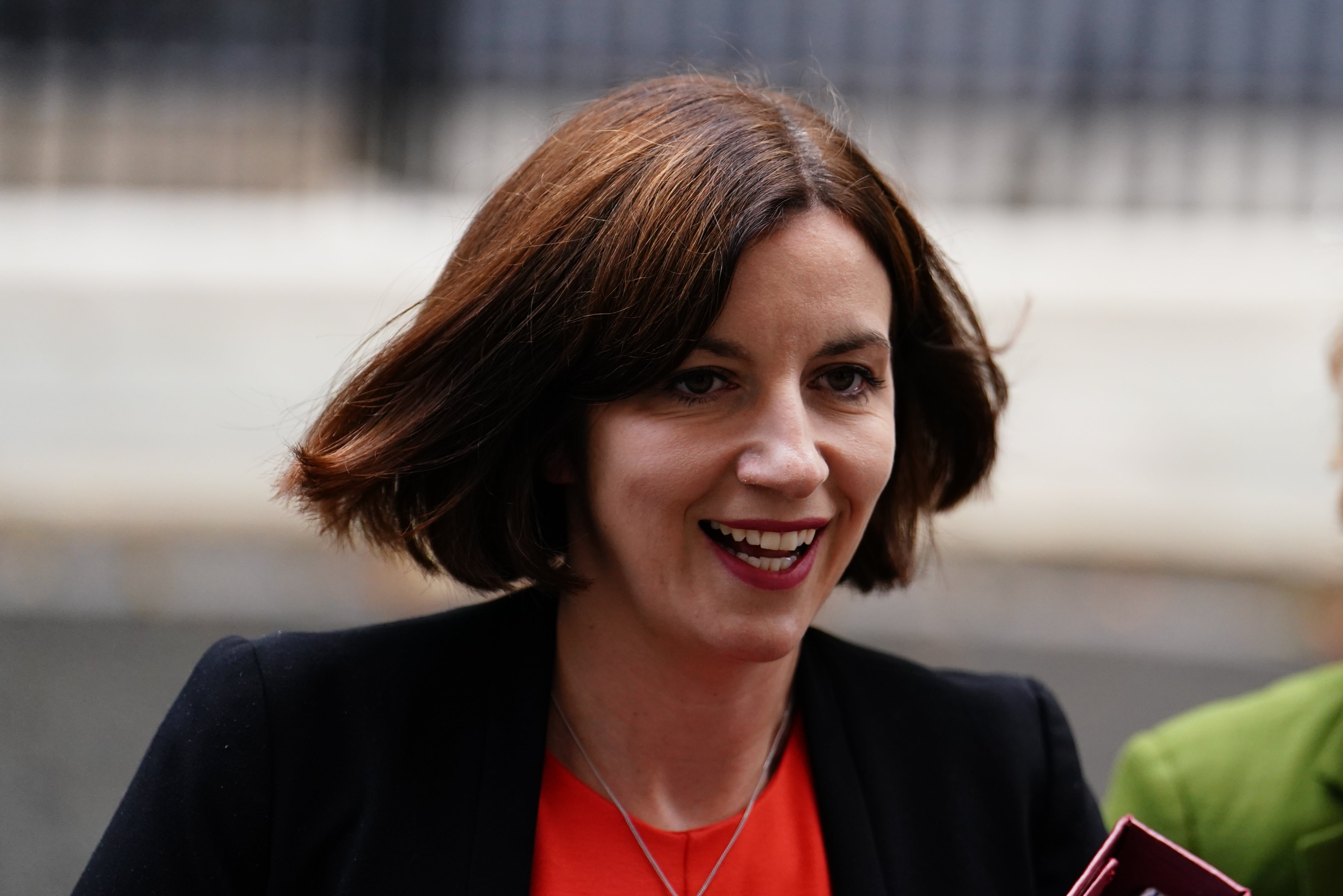Corbyn alliance MPs unite with Tories to oppose Labour’s private school tax raid
Pro-Gaza independents spoke out against Starmer’s plans to levy VAT on independent schools
Two of Jeremy Corbyn’s Commons allies have united with the Tories to oppose Labour’s tax raid on private schools, despite having been elected on left-wing tickets.
Pro-Gaza independents Iqbal Mohamed and Ayoub Khan spoke out against Sir Keir Starmer’s plans to levy VAT on independent schools and remove their relief from business rates.
The pair, who have joined Mr Corbyn’s Independent Alliance alongside other left-wing independents elected in July, both opposed the plans being introduced by Labour.

While Mr Corbyn did not back the move himself, two members of his recently formed group of allies made unlikely bedfellows for the Tories, having banded together under a promise to create “a more equal and peaceful world”.
In a joint statement last month, they said: “We were elected by our constituents to provide hope in a parliament of despair… millions of people are crying out for a real alternative to austerity, inequality and war.”
But speaking in a debate about Labour’s policy on Tuesday, Mr Mohamed said the policy would be “hugely damaging”, while Mr Khan also voiced his opposition to the plans.
Mr Mohamed said: “The state schools in my constituency are already bursting at the seams, and we have hundreds of children who are outside of education, many of whom are unable to receive homeschooling. There are six private schools in my constituency, educating more than 1,000 children.
“The lowest fees start at £1,800, with the highest at around £3,300. We are talking about working-class, low-income families with children who have special educational needs. If enacted, the policy would be hugely damaging to those families’ financial situation and their children’s education.”

Mr Khan added: “In Birmingham Perry Barr there is an all-girls faith school where parents earning just above minimum wage secure places for their children. We already have an enormous problem in the constituency with the secondary school sector, where waiting lists are somewhere in the region of 100 places.”
He added the plan “does not stack up financially” and “we simply have not got the infrastructure to deal with this policy”.
In a Commons vote, four out of the group of five independent MPs backed Tory calls to retain the tax breaks for private schools. Mr Corbyn did not vote.
Despite pressure on Labour to axe plans, shadow education secretary Bridget Phillipson and the Treasury have promised to plough ahead.
Analysis of the policy proposal by the independent Institute for Fiscal Studies found it will raise as much as £1.5bn, which Labour has said will fund 6,500 new teachers for state schools.
The Conservatives forced a debate about the policy on Tuesday, arguing it will drive up class sizes in the state sector, leading to disruption for teachers and pupils.
Shadow education secretary Damian Hinds has called for the government to publish an immediate impact assessment of the plans.
He has also urged Labour to set out exemptions from the policy for pupils on special educational needs support, those in years 11-13 and pupils from military families.
Mr Hinds said: “If the government aren’t willing to stop the introduction of this retrograde policy there are steps they can take to avoid the education tax being so ruinous to children’s education and disruptive for some of the most vulnerable pupils. The choice is up to them.”
Join our commenting forum
Join thought-provoking conversations, follow other Independent readers and see their replies
Comments
Bookmark popover
Removed from bookmarks